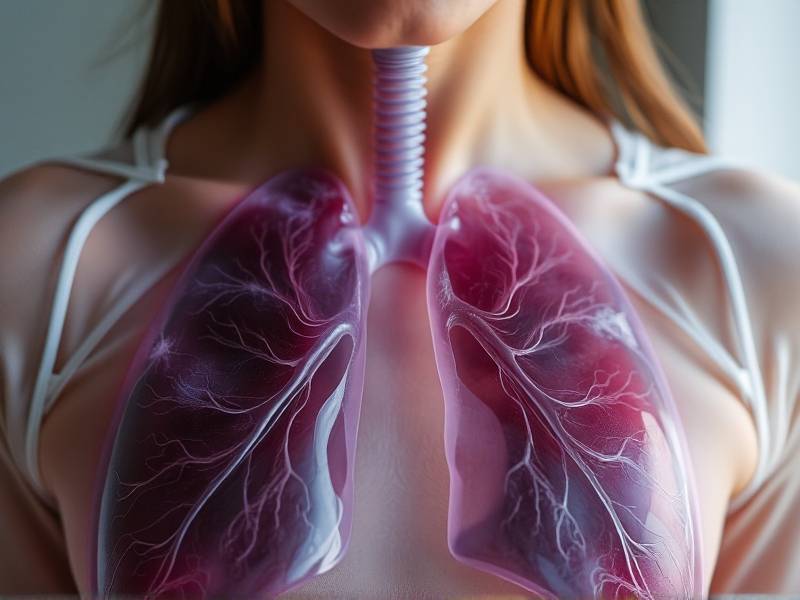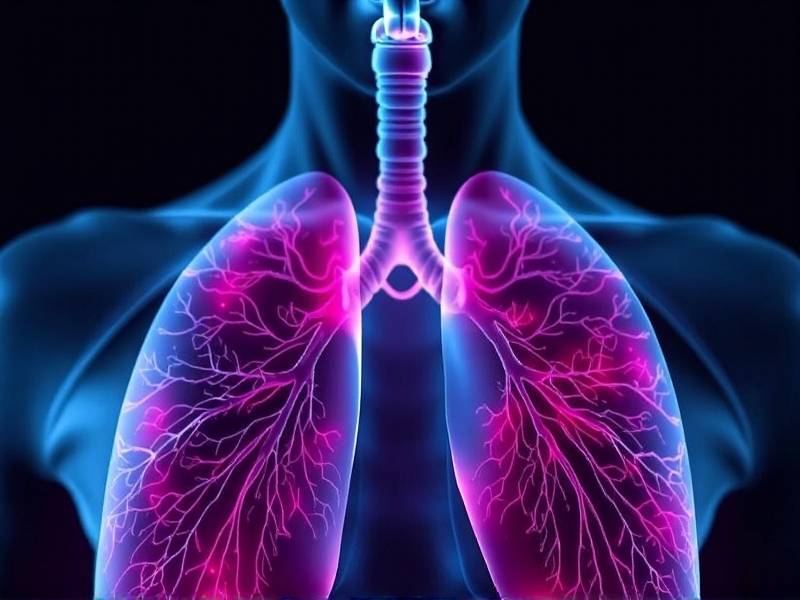Can Quitting Smoking Help My Lungs Heal?
Understanding the Impact of Smoking on the Lungs
The lungs are essential organs responsible for oxygenating the blood and removing carbon dioxide from the body. Unfortunately, smoking can significantly damage these vital organs, leading to various respiratory conditions. If you're a smoker and contemplating quitting, you might be wondering if it's possible for your lungs to heal after smoking cessation. Let's explore this topic in detail.
The Damage Caused by Smoking
Smoking introduces harmful chemicals into the lungs, causing inflammation and irritation. Over time, this chronic inflammation can lead to several respiratory issues, including:
- COPD (Chronic Obstructive Pulmonary Disease): A progressive lung disease that makes it difficult to breathe.
- Emphysema: A condition where the air sacs in your lungs are damaged and lose their elasticity.
- Bronchitis: Inflammation of the bronchial tubes, leading to coughing and mucus production.
- Lung Cancer: One of the most common types of cancer that originates in the lungs.
Can Quitting Smoking Help My Lungs Heal?
The good news is that quitting smoking can significantly improve lung health and potentially reverse some of the damage caused by smoking. Here's how:

Improved Lung Function
Quitting smoking can lead to improved lung function within a few weeks. According to research from the American Lung Association, within 48 hours of quitting, carbon monoxide levels in your blood drop significantly, and within two weeks to three months after quitting, your risk of heart disease decreases.
Reduced Inflammation
As you quit smoking, your lungs will begin to heal from the inflammation caused by smoke exposure. This process can take several years but is a crucial step towards reversing some of the damage.
Lower Risk of Respiratory Conditions
Quitting smoking reduces your risk of developing respiratory conditions like COPD, emphysema, bronchitis, and lung cancer. Although reversing these conditions is not always possible, quitting can slow down their progression and improve quality of life.
Increased Oxygen Supply
After quitting smoking, your body will have access to more oxygen-rich blood. This improved oxygen supply benefits various body systems and enhances overall health.
Tips for Quitting Smoking
Quitting smoking can be challenging; however, there are several strategies that can help:

- Seek Support: Join a support group or find a friend or family member who has also quit.
- Use Nicotine Replacement Therapy (NRT): NRT products like gum or patches can help alleviate withdrawal symptoms.
- Consider Medications: Your doctor may prescribe medications like varenicline or bupropion to aid in quitting.
- Set Realistic Goals: Break down your quit goal into smaller milestones.
- Stay Active: Exercise can help reduce withdrawal symptoms and improve mood.
Conclusion
Quitting smoking is a significant step towards improving lung health and reducing your risk of respiratory conditions. While healing may take time, it's never too late to start making positive changes for your health. Remember that every day without smoking is a step towards healthier lungs.
